Acne is unsightly and embarrassing and can take a major toll on your skin and self-esteem. Although it’s most common during the trading hormonal teenage years, adult acne can also occur during pregnancy, menopause, and from eating a poor diet or not maintaining a good skincare routine. Acne occurs when the hair follicles and skin’s oil glands become clogged with product build-up, and debris and when the skin’s natural oil production goes into overdrive. Breakouts, whiteheads, blackheads red inflamed cysts, and pus-filled pimples are all signs of acne and symptoms can range from moderate to severe. If you’re suffering from acne avoid these common mistakes so you don’t make the situation worse.
1. See a Dermatologist
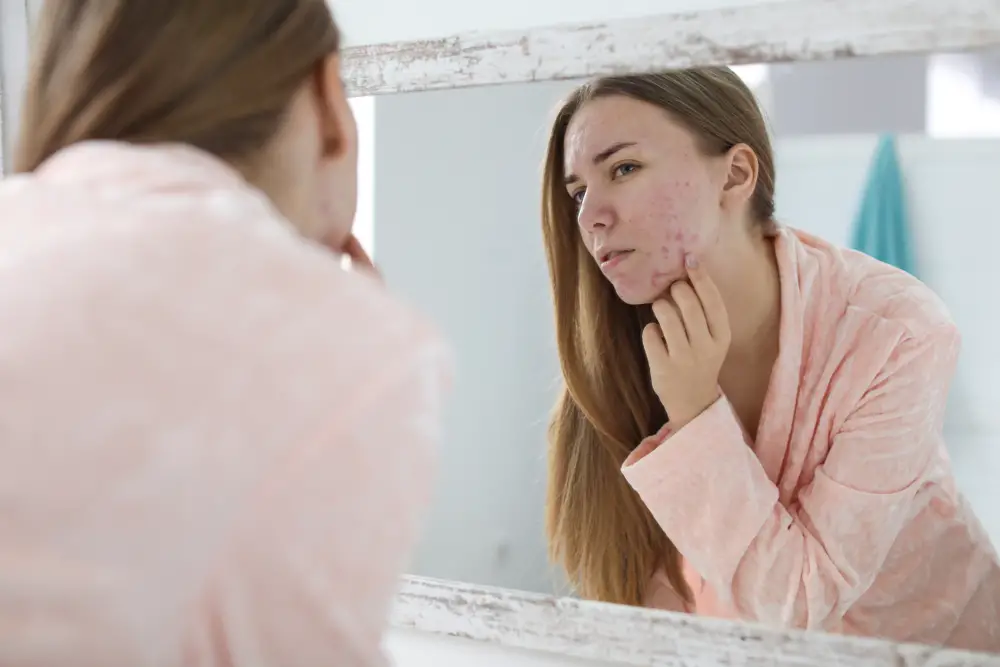
Getting the odd pimple or blemish is natural, especially during hormonal fluctuations, but if you’re suffering from severe persistent or cystic acne, you need to see a dermatologist. A skincare doctor can review your skin condition and prescribe acne medications like Accutane and suggest other treatments like laser therapy or chemical peels to help manage and reduce acne.
2. Cleansing Incorrectly
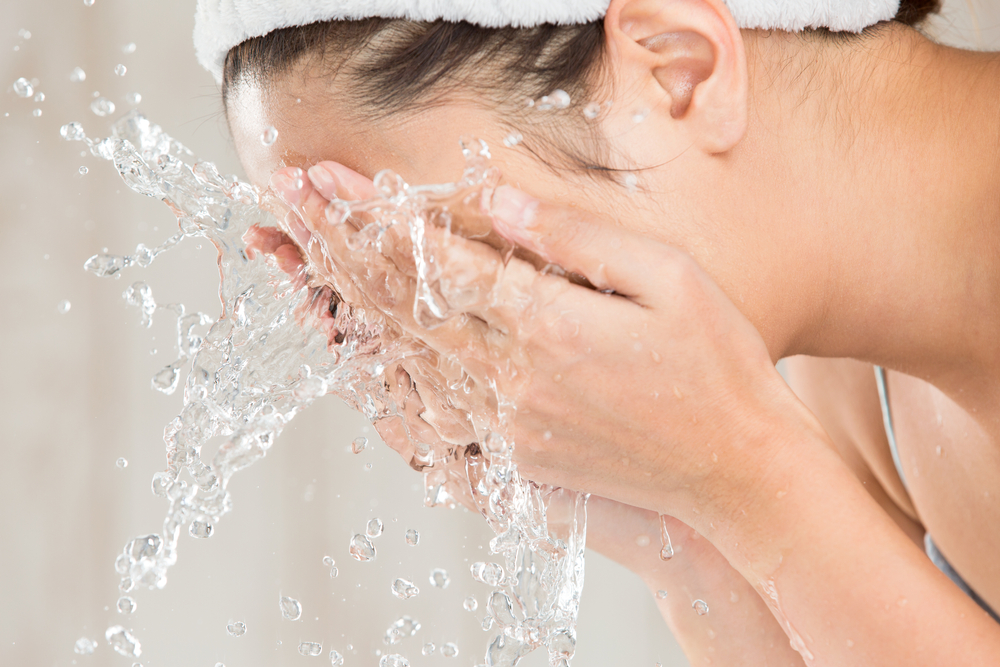
It’s important to keep your skin clean to remove dirt and excess when suffering from breakouts and acne but always use clean, gentle, sulfate-free products. Harsh chemical-laden cleansers can strip the skin of its natural oils causing dryness, irritation, and increased sensitivity. This also may trigger your skin to produce more oil to compensate, which can clog pores and cause congestion and increased acne.
3. Using Harsh Exfoliants
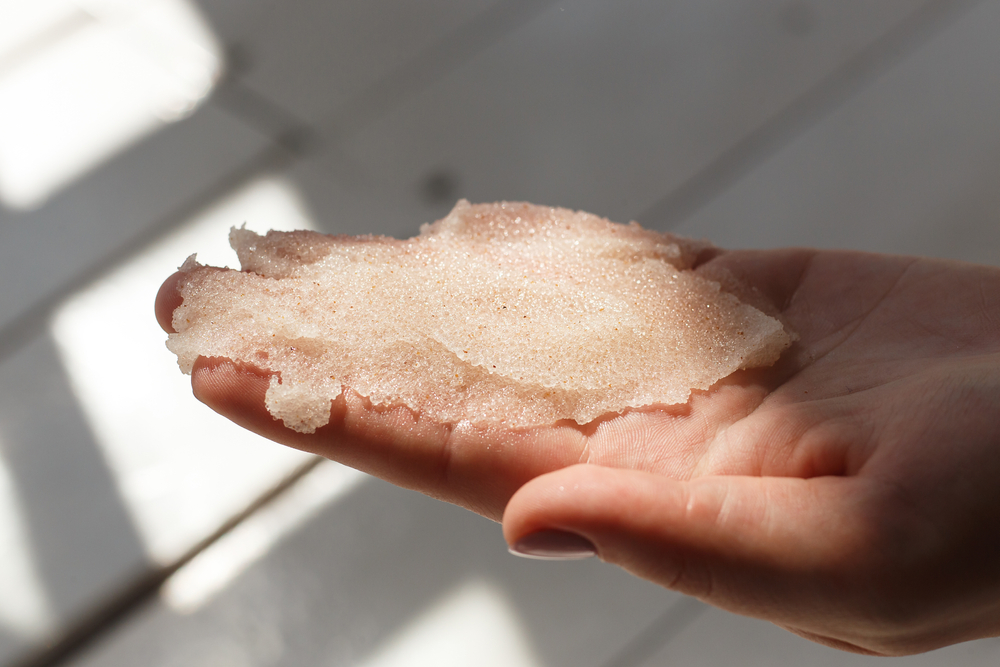
Exfoliating your skin removes dead skin cells, prevents clogged pores, and helps skincare products penetrate better but don’t over it. Harsh scrubs and chemical exfoliants can irritate your skin, speed up oil production, and cause more breakouts. It’s best to exfoliate 2-3 times a week with clean gentle liquid formulations as physical exfoliants that can scratch the skin and cause micro-tears.
4. Moisturizer Mistakes
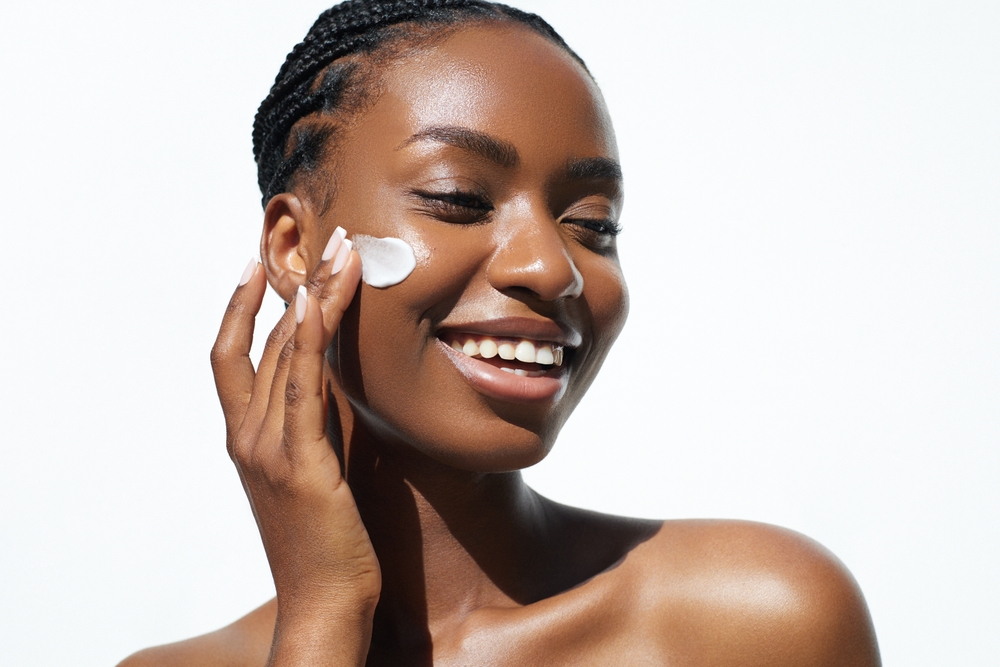
It’s a catch-22. Acne skin is oily skin, and you may be tempted to skip the moisturizer. This deprives the skin of hydration which can cause dryness and irritation and causes it to overcompensate by increasing oil production leading to clogged pores and more breakouts. Use a clean, lightweight, oil-free moisturizer to keep skin well-moisturized.
5. Applying Toxic Products
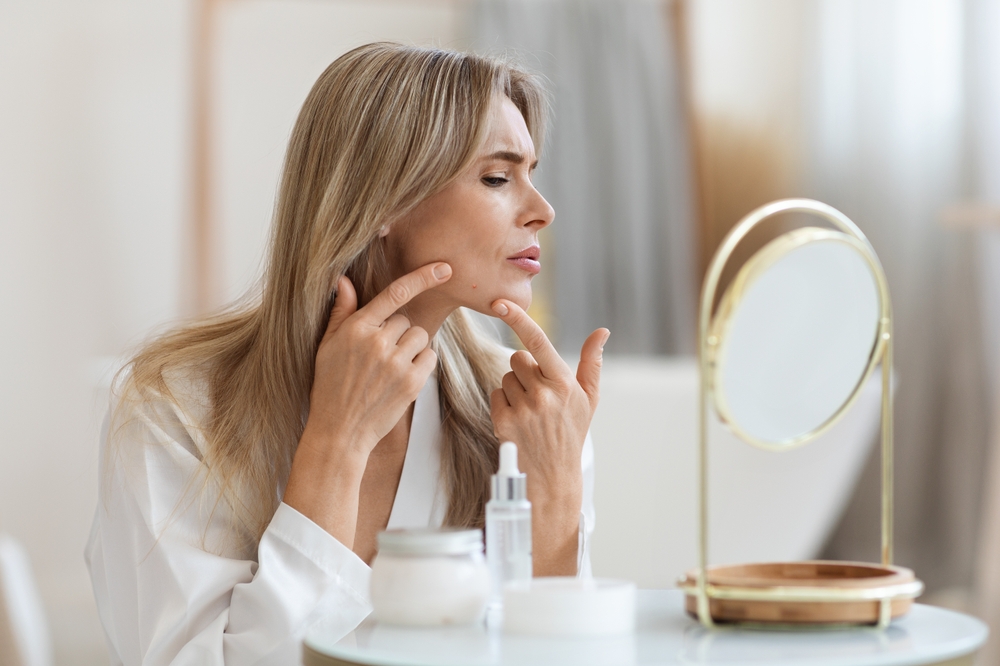
Many skincare and makeup products contain comedogenic ingredients and toxic carcinogenic chemicals that can clog pores, cause blackheads and breakouts and even increase your cancer risk. Always check labels and get to know toxic ingredients to avoid exacerbating acne. Common culprits include face oils, skincare laden with silicones, thick moisturizers, and heavy cakey foundations, which dry out the skin and prevent it from breathing.
6. Skipping SPF
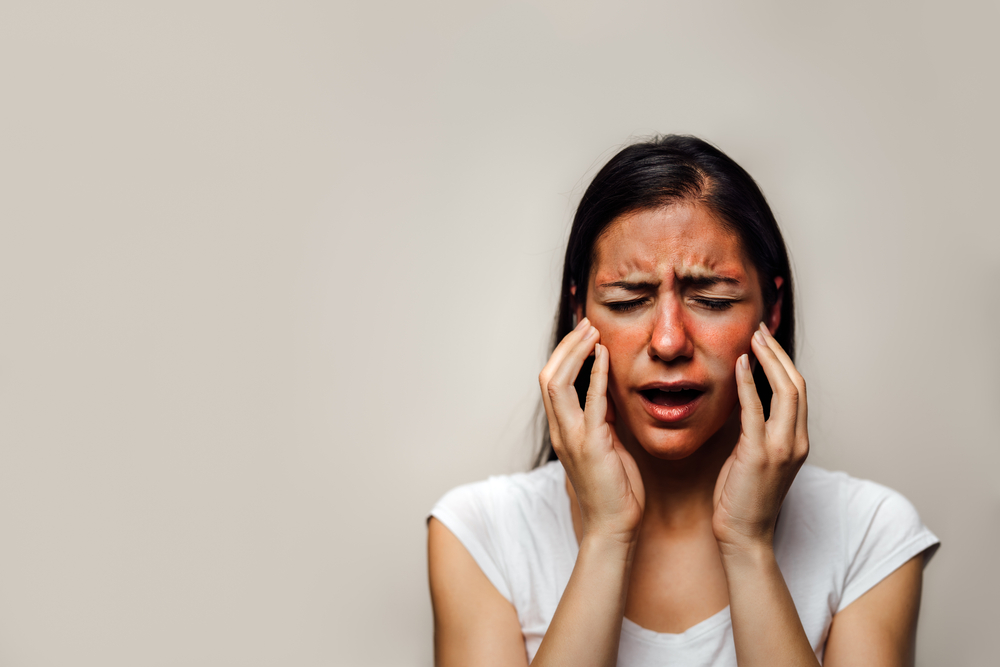
“It’s important to apply an SPF 30 sunscreen every day regardless of the weather,” says skin surgeon and dermatologist Dr. Carole Hazan. The sun’s damaging UV rays cause inflammation, which worsens existing acne causing further breakouts and putting you at risk of skin cancer and post-inflammatory hyperpigmentation which makes acne scars more noticeable. Always choose a clean, chemical-free non-comedogenic, broad-spectrum sunscreen to protect your skin without causing irritation, sensitivity, or clogging pores.
6. Squeezing and Picking Pimples and Blemishes
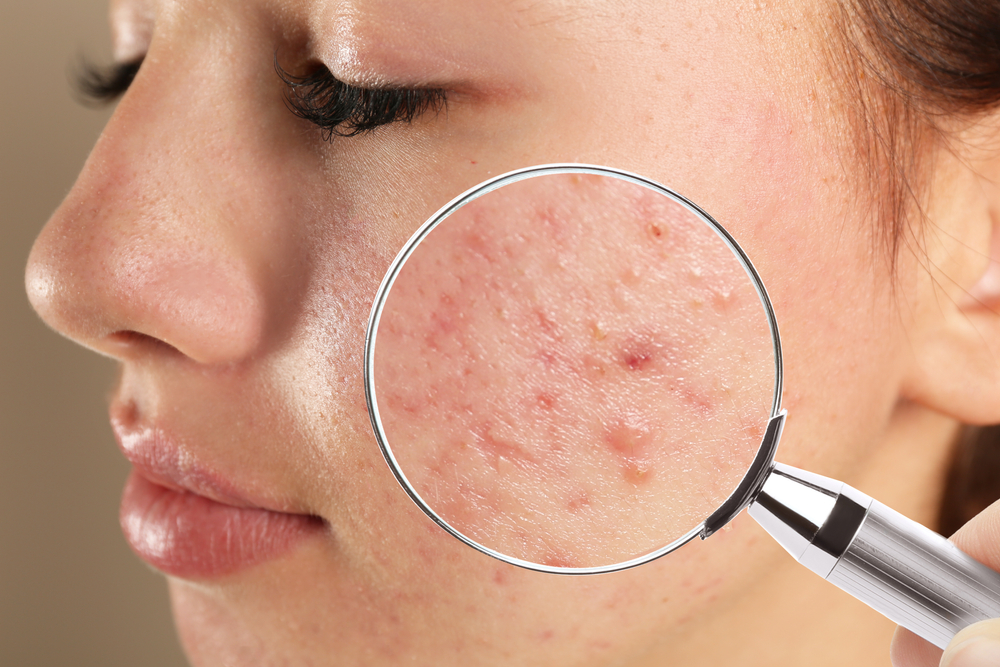
Resist the urge to pick or squeeze pimples and blemishes as it can lead to scarring, increased inflammation, and more breakouts. When you touch your face too much or squeeze a pimple, especially without washing your hands, you can spread bacteria and pus to surrounding areas increasing acne symptoms. It’s best to apply topical acne treatment prescribed by a dermatologist.
7. Sleeping in Makeup
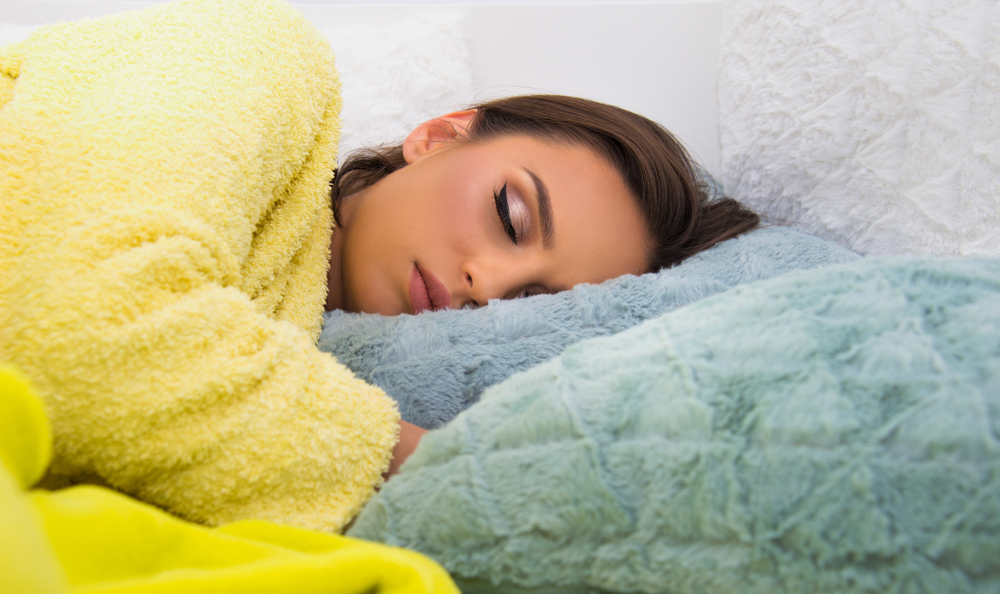
Sleeping in your makeup is enemy number one for the skin. If you don’t cleanse your skin properly at the end of the day makeup, oil, and environmental debris stay on the skin, restricting its ability to breathe, heal and repair. This clogs pores and causes inflammation and breakouts.
8. Using Dirty Makeup Sponges
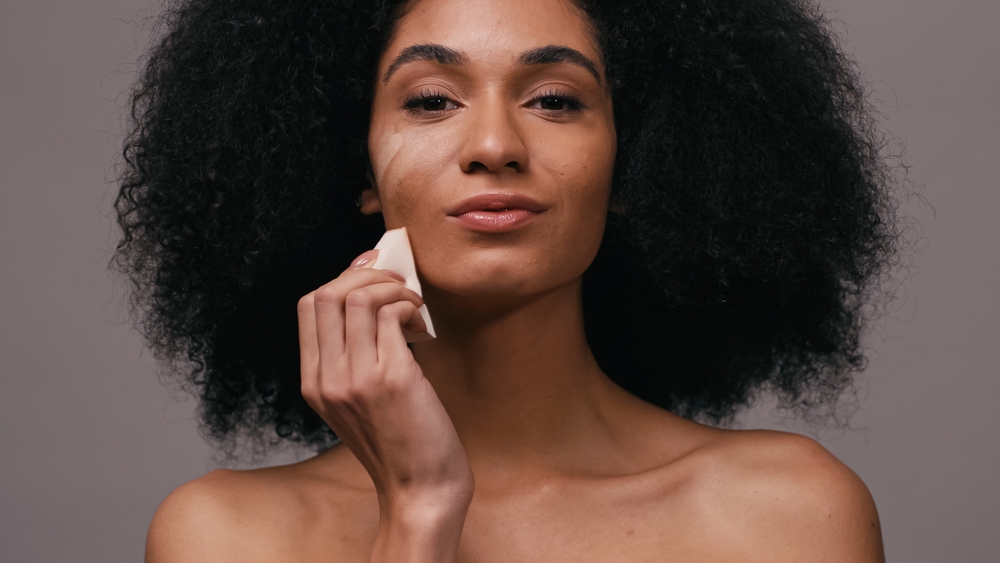
Makeup brushes and sponges accumulate bacteria, oil, and product build-up which you transfer to your skin causing breakouts. Clean your brushes and sponges daily if you have acne with a gentle brush cleanser or mild soap to prevent bacterial buildup and keep your complexion clean.
9. Not Washing Your Pillowcase

Your pillowcase and sheets are also a breeding ground for oil, dirt, and bacteria, which your skin absorbs when you sleep exacerbating breakouts and acne. Wash your pillowcase at least once a week and ideally use a silk pillowcase, as they are less absorbent and gentler on the skin.
10. Not Drinking Enough H2O

It’s important to drink 2.7 liters of water a day to maintain hydration levels, flush out toxins, and boost the health of your skin health. Dehydration causes dryness which triggers the skin to produce more oil, leading to clogged pores and more breakouts. Keep up the H20 for skin a clear glowing complexion.
11. Overloading Your Skincare Routine
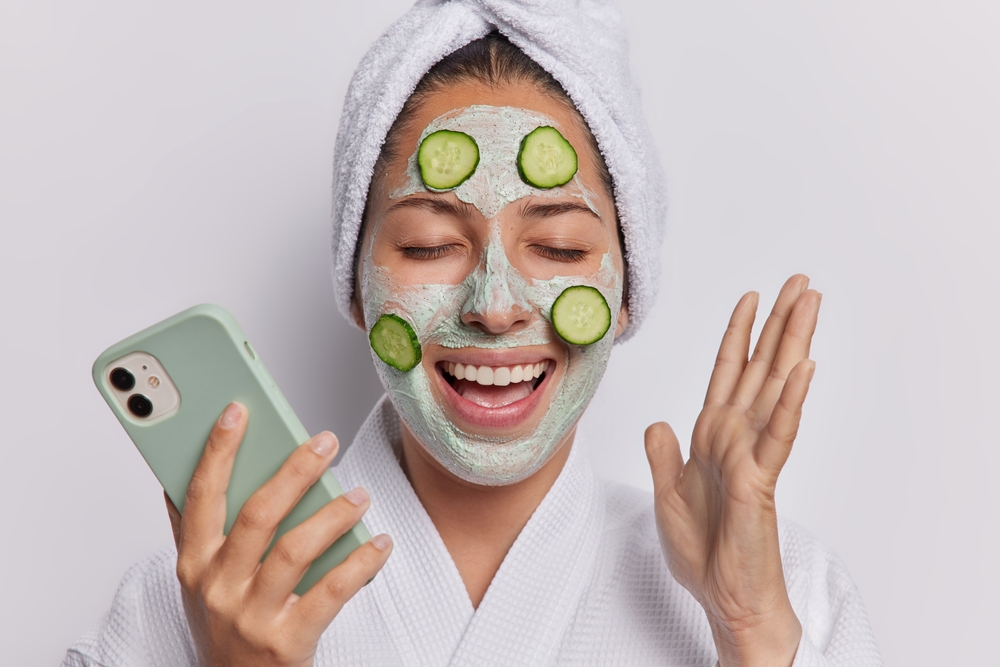
Keep your skincare routine simple if you’re experiencing acne or breakouts. Layering multiple skincare products or slugging the skin can overload and irritate it and lead to breakouts, redness, and increased sensitivity, especially if you use harsh or conflicting active ingredients like retinol or vitamin C. Use clean, gentle, chemical-free products specially formulated for acne-prone skin.
12. Drying Your Face Too Hard
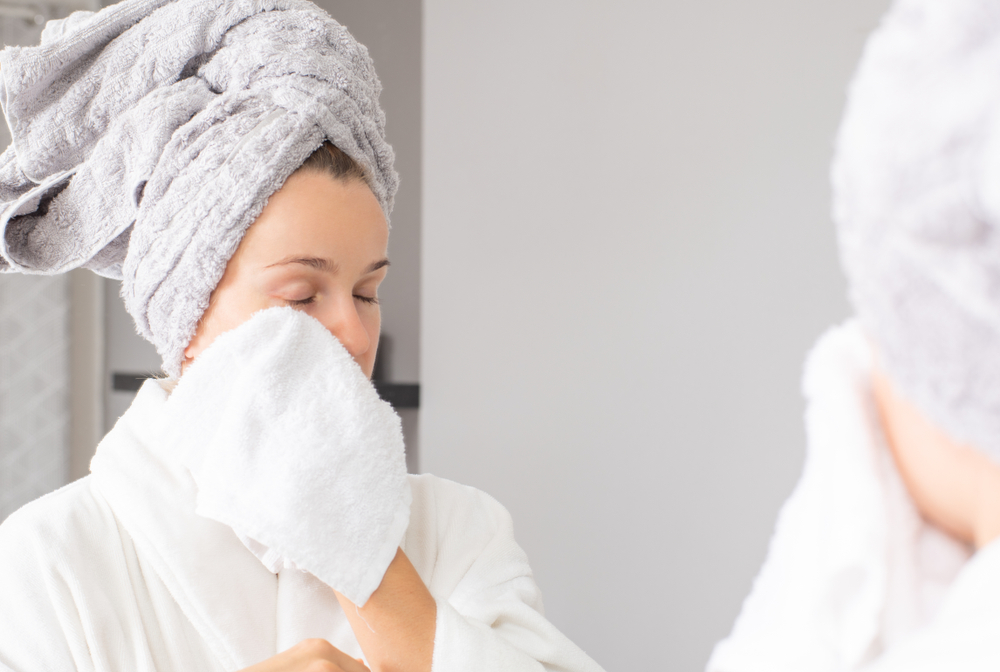
Rubbing your face with a towel can cause friction and irritation on the skin and spread bacteria (towels also accumulate bacteria) which can worsen acne symptoms. It’s better to gently pat your skin dry with a clean soft towel or splash your face with water and let it dry naturally.
13. Forgetting the Toner
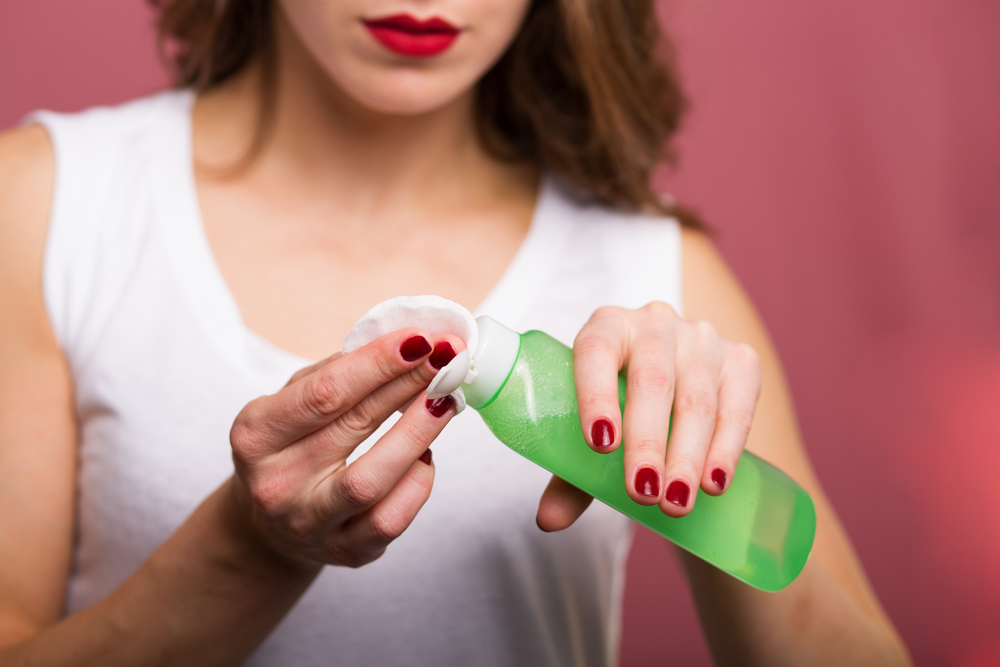
Toner is an important step in your skincare routine after cleansing as it helps balance your skin’s pH and remove any residual impurities. Skipping this step can lead to clogged pores and make skin more susceptible to breakouts. It’s essential however to use a soothing, calming, hydrating toner that’s alcohol-free to maintain your skin’s moisture levels and lower the risk of irritation and inflammation.
14. Applying Chemical Ingredients
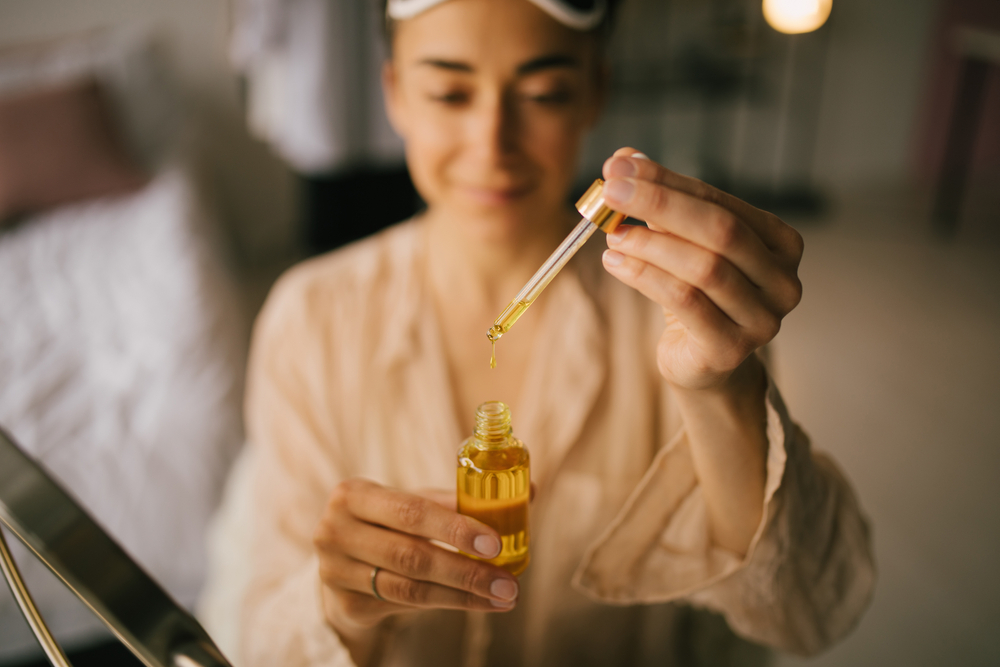
Some skincare ingredients like alcohol, toxic chemicals, artificial fragrances, and heavy oils can aggravate acne-prone skin and clog pores. Choose clean, organic, plant-based products and look to proven acne-fighting ingredients like salicylic acid, benzoyl peroxide, and tea tree oil.
15. Eating the Wrong Foods

Eating a healthy well-balanced diet is important to maintain optimum skin health. If you consume high-glycemic foods like white bread, pasta, and processed foods or excess dairy and sugary snacks insulin levels can spike and trigger hormonal fluctuations leading to breakouts. To support clear skin eat a diet rich in fruits, vegetables, lean proteins, and healthy fats.




